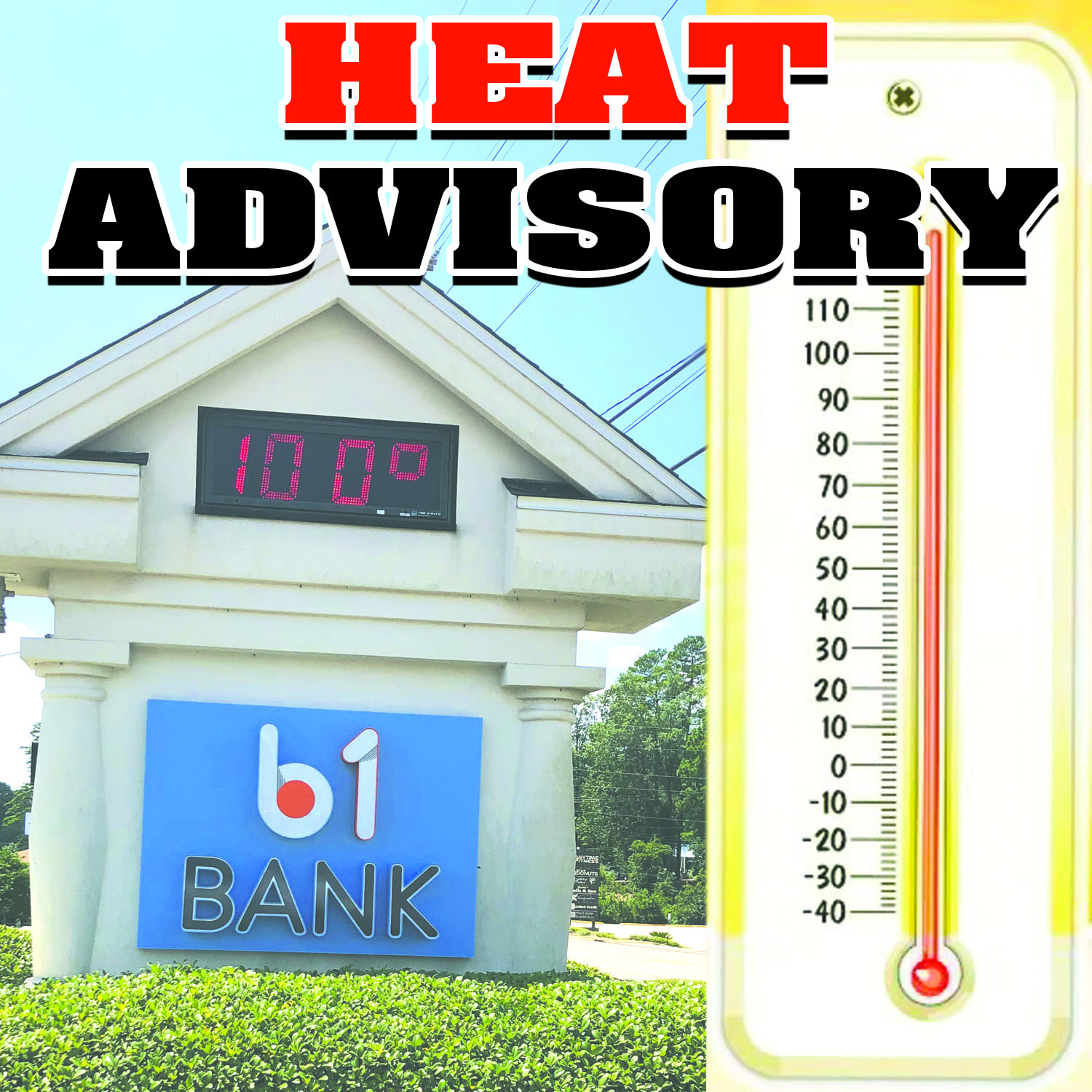256
Webster Parish remains in heat advisory
Will Phillips
Minden Press-Herald
Many citizens of Webster Parish received an alert early Monday morning from the Webster Parish Department of Homeland Security and Emergency Preparedness regarding a h



